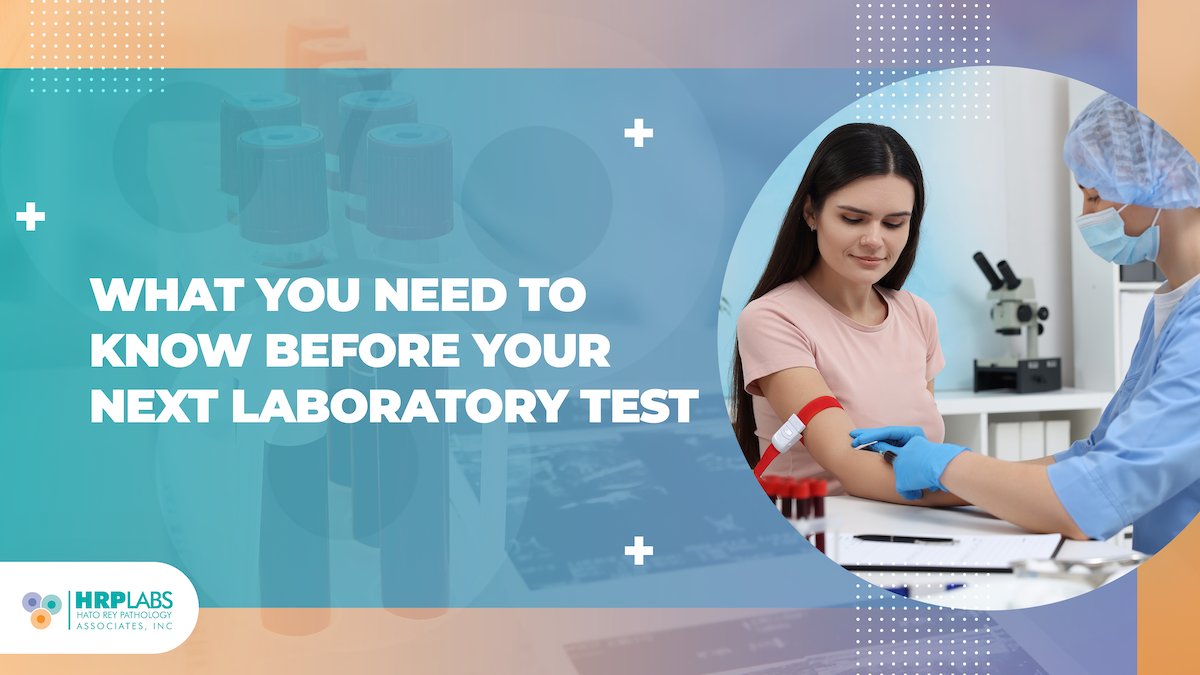
When it comes to your health, every detail matters, including how you prepare for a laboratory test. The results of these tests can be crucial for diagnosing and monitoring various health conditions. Therefore, it’s essential to prepare properly to ensure that the results are as accurate as possible. In this article, we provide a comprehensive guide on what you need to know before your next laboratory test.
- 1. Why is preparation for laboratory tests important?
Before diving into specific tips, it’s crucial to understand why preparation is so important. Laboratory tests measure various substances in your blood, urine, or other body tissues, and factors such as diet, hydration, and even exercise can affect these levels. Inadequate preparation could lead to incorrect results, which could impact the diagnosis and treatment of your condition. - Fasting before the test: When and why is it necessary?
One of the most common requirements before a laboratory test is fasting. Some tests, such as blood glucose and lipid profile (cholesterol), require you not to eat or drink anything except water for 8 to 12 hours before the test. This is because food and drinks can affect glucose and lipid levels in your blood, altering the results.Tip: Schedule your appointment for early in the morning to make fasting easier. This way, you can simply sleep through most of the fasting period. - Hydration: The key to a successful blood draw
Staying well-hydrated is essential before any laboratory test that involves a blood draw. Dehydration can make your veins harder to locate, which could complicate the process.Tip: Drink enough water the night before and the morning of the test, but avoid excessive liquids right before the test. - Avoid intense exercise before the test
Vigorous exercise can affect the results of certain laboratory tests, such as those measuring muscle enzyme levels or proteins. Physical exertion can temporarily increase these levels, giving an inaccurate impression of your health status.Tip: Avoid intense physical activities for at least 24 hours before your test, unless your doctor advises otherwise. This is especially important if you are undergoing tests to detect breast cancer or other conditions related to hormones or tissues, as exercise can alter the results of some hormonal or tumor marker tests. - Medications and supplements: Inform your doctor
Some medications and supplements can interfere with laboratory test results. For example, medications affecting thyroid function or anticoagulants can alter certain blood values.Tip: Inform your doctor about all the medications and supplements you are taking before undergoing the test. They can advise you if you need to temporarily discontinue any. Do not stop taking any medication without first consulting your doctor. - Good sleep: More important than you think
Sleep quality can also influence the results of some laboratory tests. Lack of sleep can affect your cortisol, glucose, and other hormone levels.Tip: Try to get at least 7-8 hours of sleep the night before your test to ensure your results accurately reflect your health status. - Specific instructions: Always follow the guidelines
Finally, always follow the specific instructions provided by your doctor or the laboratory. Each test may have unique requirements, and following these guidelines is key to obtaining accurate results.
Preparing adequately for a laboratory test is essential to ensure that the results are accurate and useful for your diagnosis and treatment. By following these tips, you can help your doctor get a clear picture of your health and make informed decisions about your well-being.
If you have any questions or need more information, feel free to contact HRP Labs. We are here to assist you every step of the way. You can call us at 787-765-7320 or email us at customerservice2@hrplabs.com.

